Theme Festival - Gameshows

As demand for gameshows increases amid the pandemic, what are the long-term implications for this sector of the international format industry and what new IP is coming to market? Andy Fry reports.
In a year when commercial survival will be viewed as a positive result for many companies, gameshows have once again demonstrated their resilience. Cheap to make, versatile, and fun for all the family, they have helped broadcasters around the world bring stability to their schedules.

Kelly Wright, senior VP of distribution and new business at Israel-based Keshet International (KI), says her firm has experienced healthy demand for formats like Contacts, Touch, Boom! and Singletown throughout the pandemic, with the latter produced for Discovery Networks in Denmark and Norway.
“You can keep gameshow production on a single site, you have fewer issues with insurance than in other genres, and they can be produced without live audiences and in high volume,” she says. “Overall, gameshows are low-risk yet very effective in delivering ratings for broadcasters.”
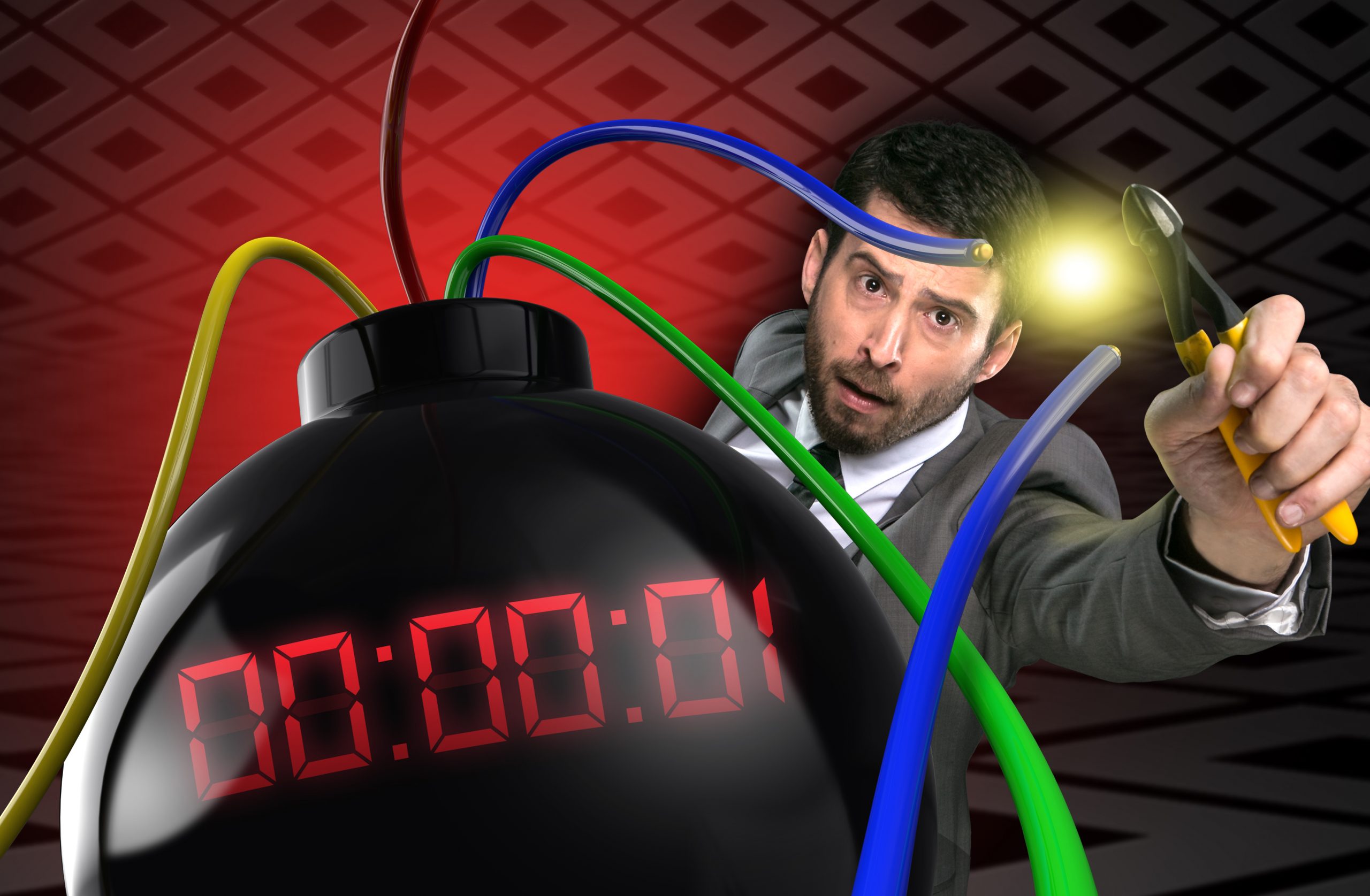
This is not to suggest, however, that there has been a surge in demand for gameshows to replace postponed or cancelled scripted series. “Broadcasters want to maintain a sense of normality where possible,” says Wright. “So drama slots are generally being filled with acquisitions and repeats, rather than gameshow commissions.”
That sentiment is echoed by Alison Chang, manager of format sales at Korean company CJ ENM’s global content business. “My impression is that channels are doing their best not to let the pandemic interfere with their usual programming,” she says. “It depends on the buyer and their specific experience, but major networks in particular seem to be introducing less change.”
Hat Trick International (HTI) director of sales Sarah Tong agrees that there has not been “a marked difference in demand for gameshows.” However, where gaps do arise unexpectedly, the genre is able to come to the rescue. An Australian format from pubcaster the ABC, “Hard Quiz was commissioned relatively quickly in Holland as a result of the current situation,” she says. “The first episode was on air within three weeks.”
Laura Burrell, VP of international formats at ViacomCBS International Studios (VIS), makes a similar point about the tactical capabilities of the genre. “We have many formats where we can flex the production protocols to suit the current climate,” she says.
“For example, French-Canadian channel Vrak, home to our studio-based comedy format Girl Code/Guy Code, ordered a spin-off called Code C. All filmed remotely, the show followed the original format but this time the topic was confinement at home. In Germany, RTL’s VoD platform TVNow ordered a quick-turnaround adaptation of MTV format Just Tattoo of Us in direct response to some of the upcoming slate being postponed or delayed.”
In terms of the gameshow content that is in demand, Chang could be speaking for most of her peers when she says: “Buyers want their shows to be an escape from what’s happening outside.” Perhaps not surprisingly, she adds that the market is “primarily looking for established formats that can still work during Covid-19 times.”
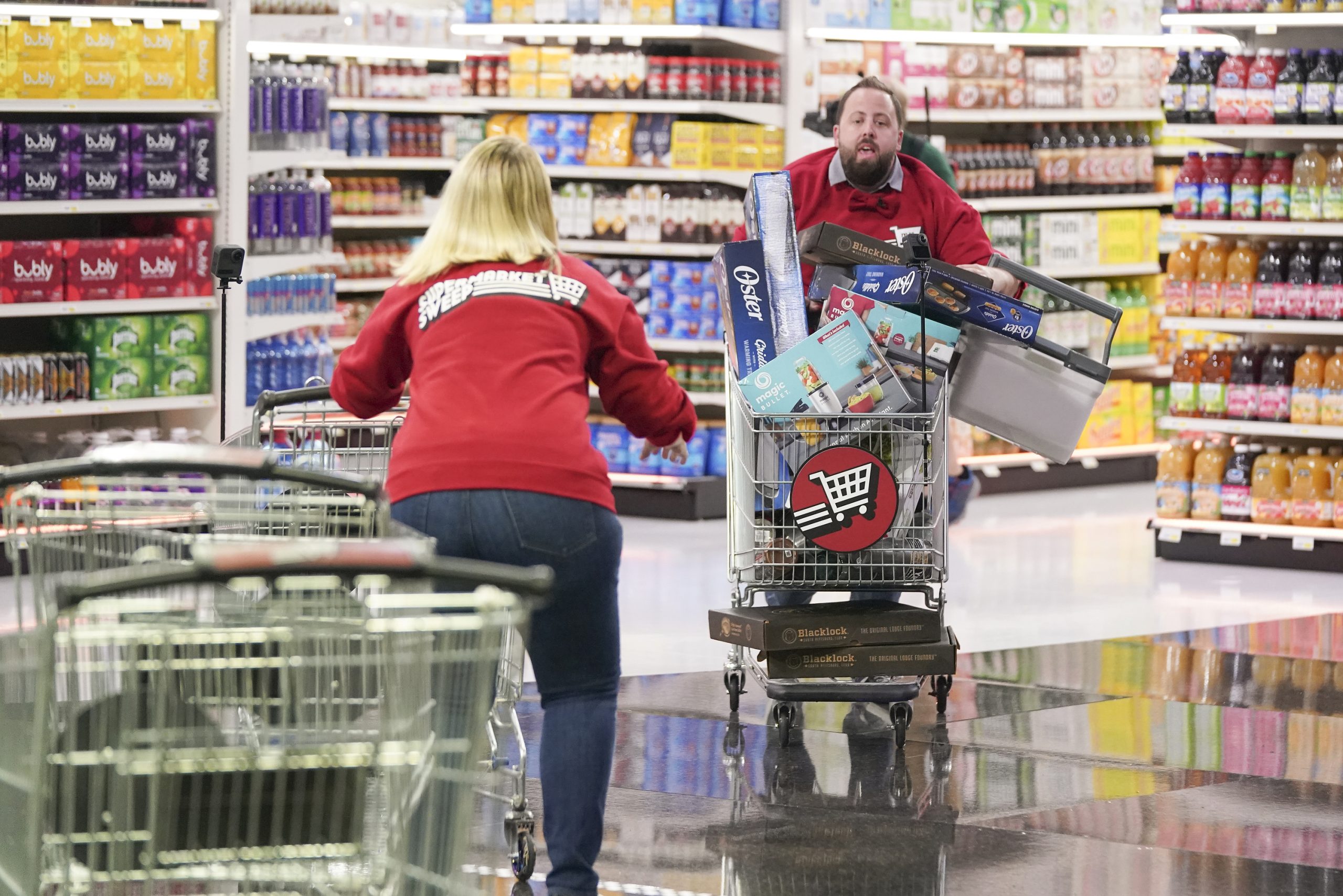
This preference for proven formats has benefited companies like Fremantle, with its stable of classic brands. Fremantle head of global entertainment production Chris O’Dell says: “We have a lot of comforting, feel-good formats that are the perfect antidote to these difficult times. Family Feud, for example, has returned to several markets where it hasn’t aired for a long time, including the UK, Australia and the Middle East. Supermarket Sweep is another of our classic franchises enjoying a resurgence – even though it involves a lot of running around by contestants and a big studio set.”
ITV Studios (ITVS) president of global entertainment Maarten Meijs makes a similar point, saying brands like The Chase, The Alphabet Game and Five Gold Rings have been performing well. “There’s also been a good response to our Chase spin-off Beat the Chasers, which gives channels the security of a known brand – but in a fresh gameshow format,” he adds.

Fusako Nagashima, head of formats for international business development at Japan’s Nippon TV, says he is seeing demand for “family-skewed formats, especially ones that are friendly for co-viewing with children. More recently, we are being asked for visually fun shows that take viewers’ minds off Covid-19. Our new comedy gameshow format, Piggyback Challenge, involves pairs piggybacking their partners as they try to accomplish challenging tasks, in pursuit of prizes.”
Tim Crescenti, co-founder of US distributor Small World IFT, agrees that “viewers want to escape from the barrage of ugly news.” As such, his Mipcom headliners included a new entertainment format from Ukraine, Kids vs Celebs; a comedic reimagined-history show from Finland, titled What If?; and 50 Men, 50 Mats, which Crescenti describes as “the perfect format for these times. It explores what happens when you introduce ‘unwoke blokes’ to the traditionally female-dominated world of yoga.”
Meijs echoes the point about feel-good and family content being in demand, but also thinks gameshows are providing an outlet for people who are unable to engage in competitive activity because of lockdowns and closures. “A lot of people who would be at the gym are stuck inside, so it’s a way for them to let off some steam,” adds the ITVS exec.
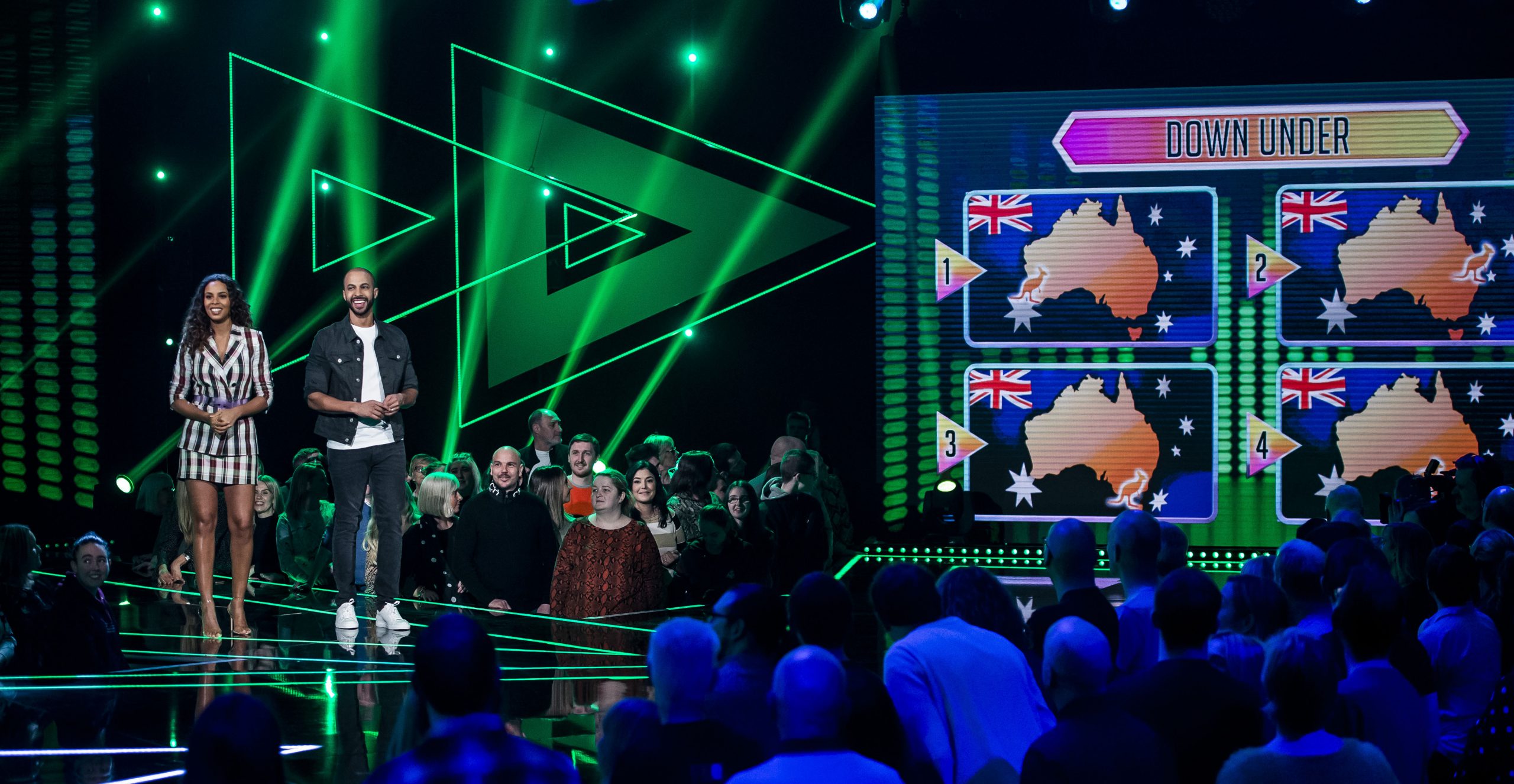
KI’s Wright notes that talent shows are tougher to produce right now but says music’s feel-good factor is working well in the context of gameshows – an example being KI’s music quiz format The Hit List, which has aired on the BBC in the UK. Wright also says some broadcasters are keen to find formats that can help them offset lost ad revenues and/or the increased cost of Covid-era production: “What we’re seeing is a demand for proven formats that might lend themselves to some kind of commercial partnerships. When buyers see a show that might lend itself to product placement or sponsorship, they are interested.”
In terms of the logistics of shooting gameshows during Covid-19, execs universally stress the importance of production pods, testing, hygiene, social distancing between show participants and dispensing with/distancing live audiences.
Elin Thomas, exec VP of sales at Nordic Entertainment (NENT) Group’s distribution arm, NENT Studios, says Catchphrase, produced by STV for ITV, “was one of the first big entertainment shows back into the studio. They created a very detailed protocol: everyone had to self-regulate if they had symptoms, there were temperature checks prior to going on site, security bands were issued to show people had been tested, there were standalone pods for lighting, design and so on, and standby teams were ready in case pods tested positive and needed to be pulled out. All this meant added time, so they had to account for that in the schedule.”
Thomas says other NENT stalwarts like 15 to 1 also continue to deliver, because they fit buyer demand for “cheap, achievable volume shows.” She continues: “Close to 3,000 episodes of this show have aired on TVP1 in Poland since 1994 [as 10 to 1]. They went back into the studio a little while ago and have been on air Monday to Friday since. They have added Perspex screens between contestants, but little else has changed.”
Elsewhere, HTI’s Tong says: “[Long-running BBC panel show] Have I Got News For You is back on air in the UK with adjustments for Covid-19. This is something we’re talking to broadcasters about and hope will help the show live on in other territories. Panel show Hypothetical is also in production with adjustments to make it Covid-safe, including a socially distanced panel and a smaller in-studio audience, with another audience added in post.”
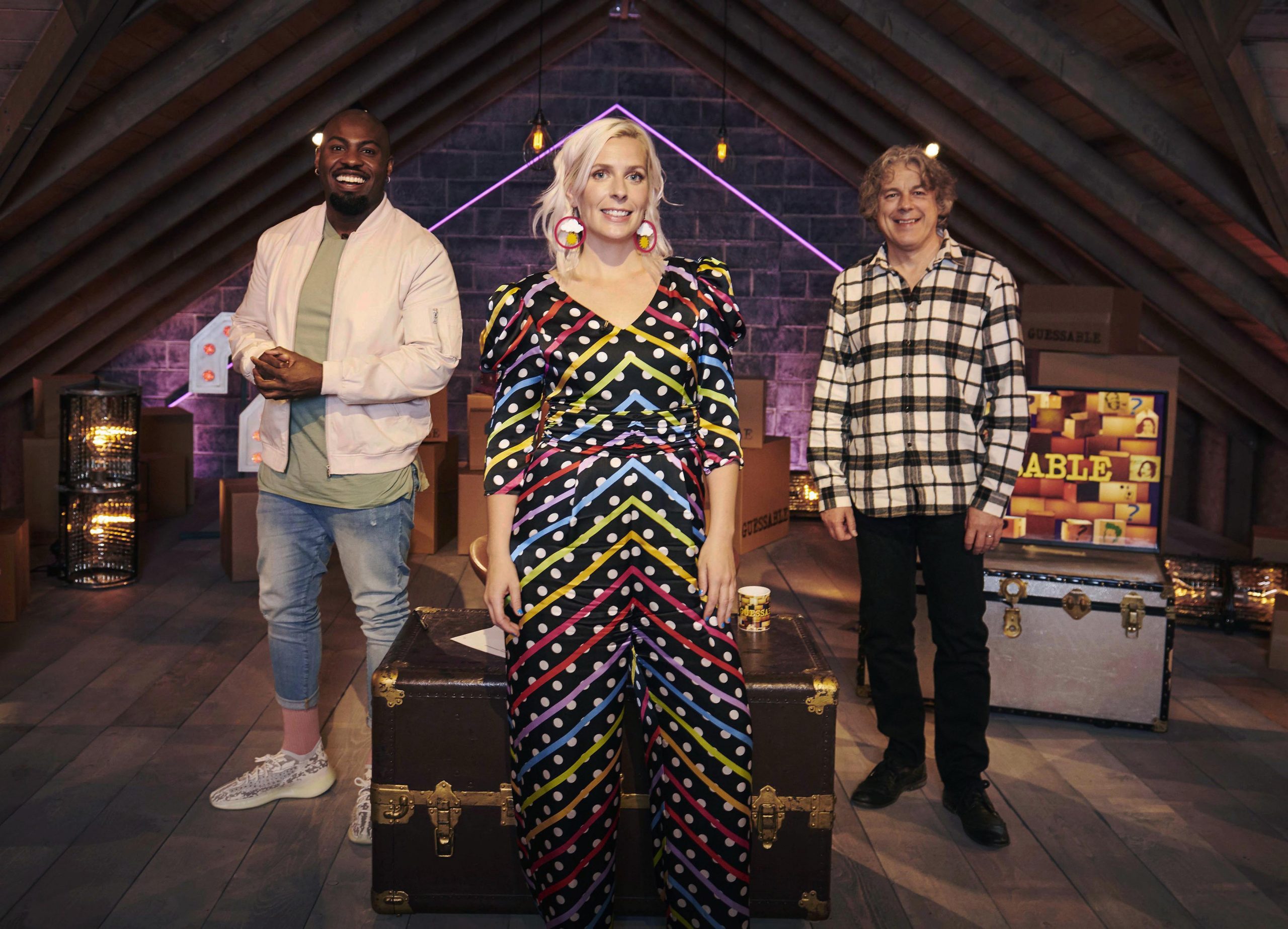
VIS’s Burrell adds: “For studio-based shows, set design has been a key focus, which is crucial to ensuring contributors have the required amount of space around them. One format we have just launched to the international market is Comedy Central UK’s Guessable. Produced by Tuesday’s Child, the show features two teams of celebrities who must work out what is hidden inside a mystery box by playing a series of parlour-style games that provide clues. The set has been cleverly designed to provide adequate spacing without looking obviously like a Covid-19 set.”
Crescenti reports similar changes: “The sixth season of Got What it Takes on CBBC has a new studio ‘mansion’ because the previous one could not have created the distance for the crew, contestants and their parents. And YLE’s What If? [produced by Intervisio] was initially a studio-based show but then switched to a combination of Zoom supplemented by individual cameras in panellists’ homes.”
Wright observes that Covid-19 has introduced more of a sense of localism into entertainment TV, which perhaps plays to the strength of gameshows. “Travel restrictions have been a challenge for talent shows, which often depend on some kind of international component,” she says. “That might be pan-regional productions or local productions that bring in international talent. By contrast, gameshows can tap into the mood among audiences for more localism – contestants that are experiencing the pandemic in the same conditions they are.”
Fremantle’s Australian version of Family Feud underlines this point. In this case, says O’Dell, “Network 10 wanted a special version to feature key workers as contestants, which was logistically more complex than using family bubbles. But our team delivered as required.”
ITVS’s Meijs says this shift towards localism is reinforced by the fact some shows have had to change their shooting locations. He cites the example of I’m a Celebrity… Get Me Out of Here!, the UK version of which is relocating from Australia to Wales for the next series. But the point also holds for some gameshow shoots, such as the BBC’s UK version of NBCUniversal format The Wall – brought home from Poland to Wembley Arena in London.
One possible response to the coronavirus crisis could be to commission gameshows in longer runs to reduce the number of different productions taking place. But there is mixed evidence this is happening. Chang’s view is that “commissioning more episodes might pose a greater risk if the production ends up having to shut down. So filming in as short and concise a manner as possible has been key.”
Crescenti, however, is seeing “larger order commissions,” and ITV’s Meijs reports that his company has been given extended runs of Five Gold Rings and The Alphabet Game in Germany, where the two shows run back to back in access primetime. NENT’s Thomas says that in Portugal, SIC has expanded its commitment to Don’t Tell the Bride. “Instead of an hour each week, SIC is producing a different build-up show every night of the week, culminating in a weekend show.”
Burrell has observed both: “Broadcasters may need to cut runs short because of disruptions. Equally, they may wish to squeeze out a few more episodes if conditions are favourable and the format will allow it. Ultimately, we need to do whatever we can to support licensees.”
Notwithstanding the taste for proven formats, the prolonged nature of the pandemic does raise the question of whether companies should develop for “the new normal.” Merrily Ross, a former ITV exec who is now exec VP at content development firm Fugitive TV, says: “It’s probably a mistake to factor Covid-19 into development. You need to be focusing on the idea first and then thinking about how you might activate it based on the situation market by market.”
Burrell says VIS did develop and produce a number of Covid-ready, lockdown-produced formats such as Served! With Jade Thirlwall (fronted by the Little Mix star), Comedians in Quarantine and Balcony Stories. But these are more reality/chat-based in tone. As for gameshows, KI’s Wright says: “Some producers are developing shows with Covid-19 in mind, but most are adopting a wait-and-see approach. Developing formats is so expensive that you really want things that can return year after year, and the hope is that Covid-19 will be gone by then.”
Meijs says: “ITVS’s priority has been to sustain the rhythm of our existing brands, but we have had success with Don’t Rock the Boat, a new format that is actually a pretty good fit for these Covid times.”
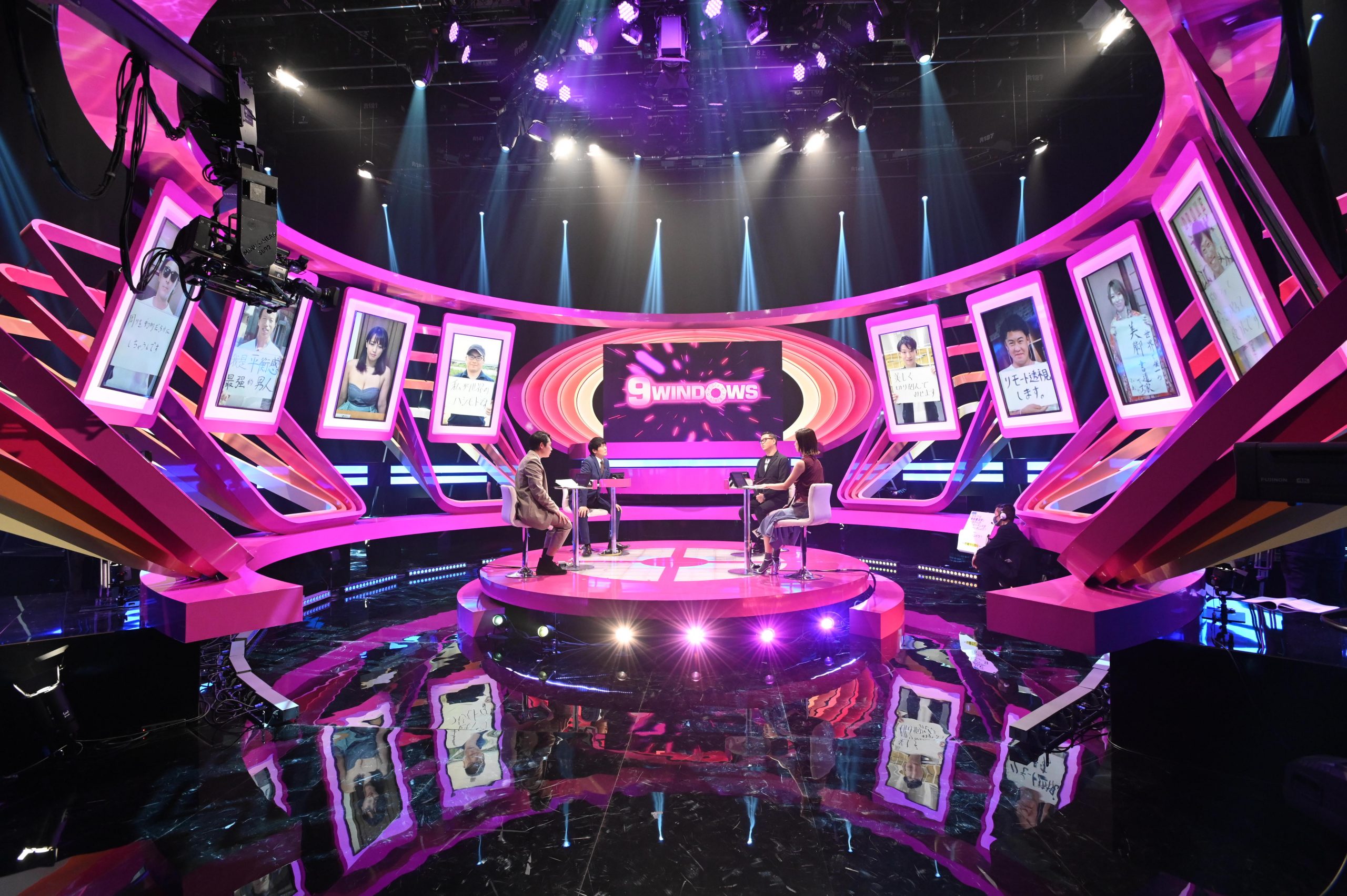
Nippon TV’s Nagashima relates how “we co-developed 9 Windows with The Story Lab before Covid-19 hit.” Describing the format as “gameshow-meets-talent contest set in an interactive studio,” she continues: “Each episode features nine contestants, all beamed in from their homes via nine giant screens. It was a total coincidence that the shooting method happened to be a suitable way to produce a show in the current situation.
“In addition, Mute It! is played by one contestant at a time in an empty, silent studio without any audience, so it’s easier to produce than many shows.”
A couple of final questions emerge from the Covid era. One is whether current incarnations of shows are any good. Burrell says: “The industry has had to adapt in an unprecedented way, producing high-quality content that mostly doesn’t look like it’s been produced in a Covid world. Some series look different to the original, but I believe audiences have come to accept remotely shot programming overall.”
And finally, are there any lessons the industry might learn? Crescenti hopes one takeaway is “less money wasted on pilots. Perhaps there is a more efficient model for shows to begin with limited production, then blow up to big studio or travelling shows.”